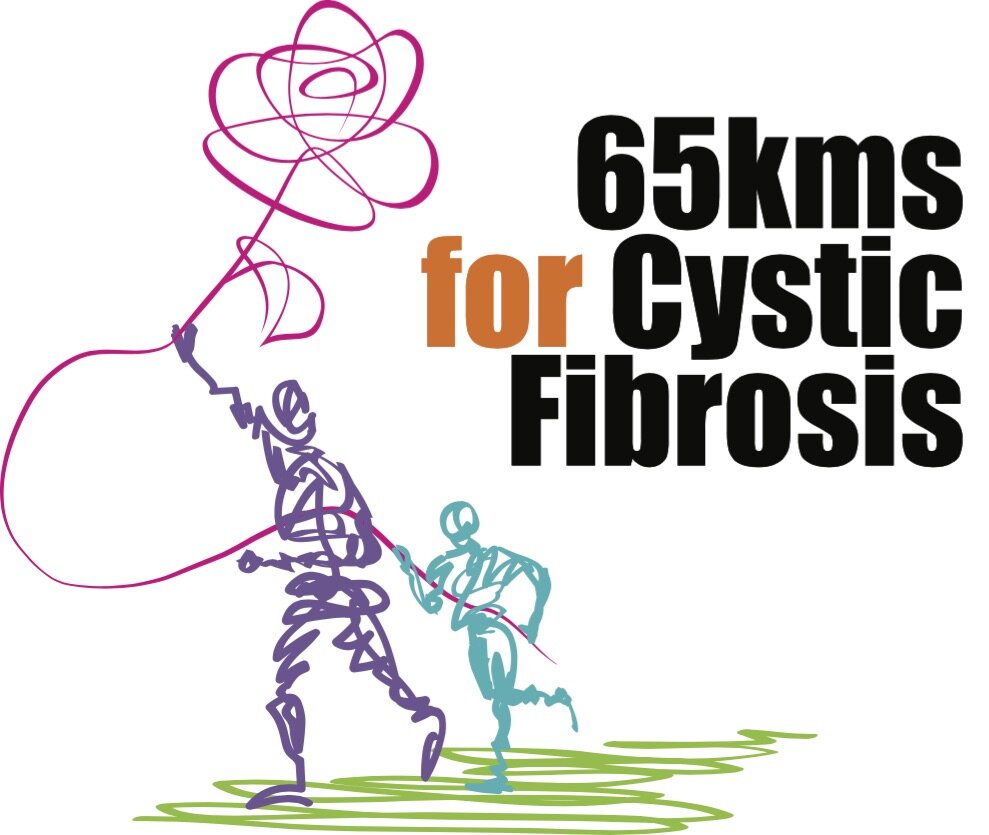About CF
Cystic fibrosis is a complicated disease. It attacks the lungs, the digestive system and there is no cure. Life for a someone with CF is no walk in the park, but a walk in the park can help raise funds to fight against this life-threatening condition!
What is cystic fibrosis
Cystic fibrosis is a chronic inherited condition that affects the lungs and digestive system. There are about 70,000 people worldwide living with cystic fibrosis (CF).
CF is a complex condition that is caused by a defective gene and its protein. The gene involved in CF gives instructions for the cells to make a protein that controls the movement of salt in and out of the cells. This particular gene is found on chromosome 7. Scientists have called it the CFTR gene. The defective gene leads to a number of complications. Probably the two most important are:
Clogged lungs which can lead to repeated lung infections and, ultimately, very damaged lungs, and
the pancreas is obstructed which prevents the body's natural enzymes from breaking down and absorbing food properly.
What is it like to live with cystic fibrosis
Living with CF can be hard work. Lung infections can be really bad news for people with CF, so they put a lot of work into trying to prevent them by keeping the lungs clear of mucus as much as possible. This involves daily chest physiotherapy and plenty of good exercise. There are a couple of drugs that are good at thinning mucus in the lungs and these are generally best used via a nebuliser, so most people do at least one and often 2-3 nebuliser treatments everyday, whether they are sick or not. Because the lungs of people with CF provide a nice environment for bacteria (and infection is a real problem) people with CF take antibiotics very often and at very high doses.
The problems in the pancreas mean that most people living with CF don't absorb their food very well, particularly fat, so they need to take pancreatic enzymes to do that for them. The number of enzymes they take must be calibrated based on the amount of fat they eat. So, they might need to take only one with a salad (low fat) but possibly ten with a hamburger and chips (high fat). Even with the enzymes they still don't absorb their food perfectly so most people need to eat a diet high in fat (and salt) to make up for what they lose. There are a number of vitamins which are particularly difficult for people with CF to absorb, so they usually take supplemental vitamins.
So, putting together antibiotics, enzymes, vitamins and an assortment of other tablets means that people with CF often take more than 20 pills per day. They also have to commit a lot of time each day to staying well. Put that together with all of the ongoing appointments with respiratory doctors, physio’s, dieticians and often other specialists, keeping well takes a lot of time!
What does the future look like?
There is currently no cure for CF.
This is a serious, challenging condition and thus average life expectancy is still limited. However, there is enormous hope across the 'CF community' of scientists, clinicians and patients and families as there are some very exciting pharmaceutical trials occurring as well as exciting potential in gene therapy. Lung transplantation is becoming a more and more common option for people with end-stage lung disease, although it remains a difficult road in itself. There is also hope that breakthroughs in transplant research will improve outcomes for all transplant recipients.
The future has never looked better for people living with cystic fibrosis. We need funding to support excellent, high quality research. '65km for Cystic Fibrosis' supports world-class research.
